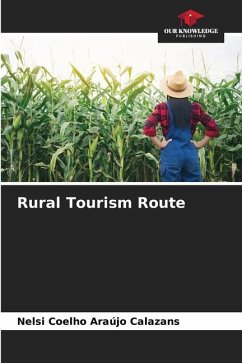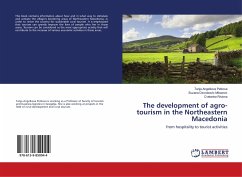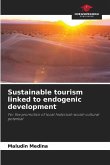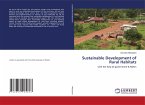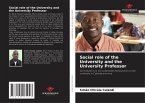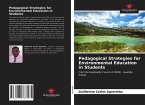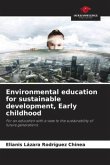Rural tourism is a complementary activity to the main production of the property, which adds value to it, promoting income, while at the same time rescuing the cultural and natural heritage, thus aiming for sustainability. This work proposes the implementation of a rural itinerary for the municipalities that make up the Espelho d'Água Circuit in north-western São Paulo, with the tourist resort of Santa Fé do Sul as its centre. The research showed that some of the small rural properties in this micro-region constitute a tourist offer, as they have natural and cultural resources that, if formatted, could make up the rural tourism product of the municipalities in question, adding value to the properties. Tourism can rescue and enhance socio-cultural heritage, keeping people in the countryside and attracting visitors from various cities to return to their roots. It can also enhance the north-western region of São Paulo, placing it on the tourism routes of the state of São Paulo.

